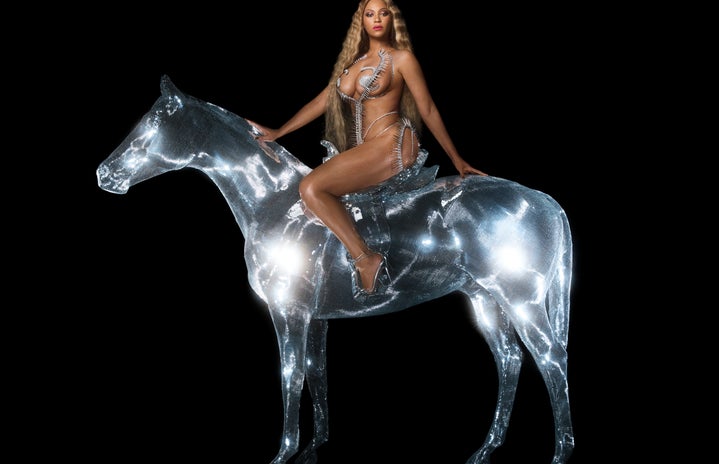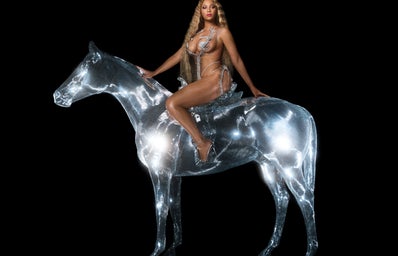Edited by: Navya Gupta
A teenager nervously whispers “Thank you Beyoncé” before her driving test. Someone tweets about “getting Swifted” after turning workplace drama into a promotion. A TikToker warns against “pulling a Kanye” at a graduation ceremony. For the average social media user, this is regular lingo. You know exactly what I’m trying to convey through phrases that—for somebody who hasn’t spent the better part of their childhood online—make absolutely no sense. In the digital age, celebrity names have evolved far beyond mere identifiers and have instead segued into being complex cultural vocabulary that condenses larger issues into bite-sized pieces. This is a fascinating linguistic transformation that not only redefines communication and the spread of information but also holds considerable implications for how we have come to grapple with serious topics.
This phenomenon is not entirely new, however. Cultural references have taken lives of their own over the decades, just at a much slower pace. Take the phrase “Catch-22”, for example, that originated from Joseph Heller’s novel of the same name and went from describing a paradoxical military situation in the book into a widely-recognised term synonym for any unsolvable dilemma. Or, we can consider how the “-gate” suffix was derived from Nixon’s Watergate scandal in the 1970s and has become shorthand for any major political scandals that happen. These phrases took a long, non-linear path to become part of the cultural lexicon as they are today. Additionally, linguistic evolution in the social media age is a beast in itself.
Let’s take the ubiquitous “Thank You Beyoncé” trend. What began as an observation about celebrities repeatedly mentioning Queen B in their acceptance speeches morphed into a loaded cultural reference with disturbing implications and assumptions of character, had it not been adopted online and meme-ified. There’s something equally funny and dystopian that one of the most disturbing news in recent years about the dark underbelly of the celebrity world has its own soundbite and trend attached to it, leaving all the complex power dynamics behind to become a sort of joke. This evolution exemplifies how social media can transform a proper noun into a linguistic vessel that carries many layers, and highlights how social media and its meme culture make thorny issues digestible.
This is far from the first time this has happened, too. “Getting Weinstein’d” is an exposure of industry abuse and being a “Kardashian” means to manufacture controversy for fame. Pulling a “Pete Davidson” is dating above your perceived social status and being “Swifted” is transforming personal drama into professional success. These name-based references raise two important points. First is the risk of trivialising real trauma such as sexual misconduct, bullying and mental health issues. The rapid devolution of scandal into these succinct, ‘meme-able’ phrases can startlingly dilute the gravity of the original incidents under the guise of awareness, and it should be questioned if we are doing more harm than good by turning complex realities into punchlines.
Second, are the implications on linguistics as a whole. Such name-based referencing has become a form of social capital and a marker of digital fluency. Being able to understand the nuances of and using phrases like “Taylor’s Version” or “pulling a Kanye” demonstrates a certain place within online cultural discourse. It is revealing of the way our generation makes sense of complex power dynamics and social issues, and the revolution of language is about not just being up-to-date, but about how we collectively process information, especially the difficult kind.
It’s fascinating how a single phrase like “Thank You Beyoncé” simultaneously represents disturbing conspiracy theories, genuine fear, social commentary, and casual humour. Pop culture has become the centre for our understanding of the world, for better or for worse, and even though this has existed for long before 2024, there’s only one person to thank for walking this thin line between entertainment and ethical peril: Beyoncé.


